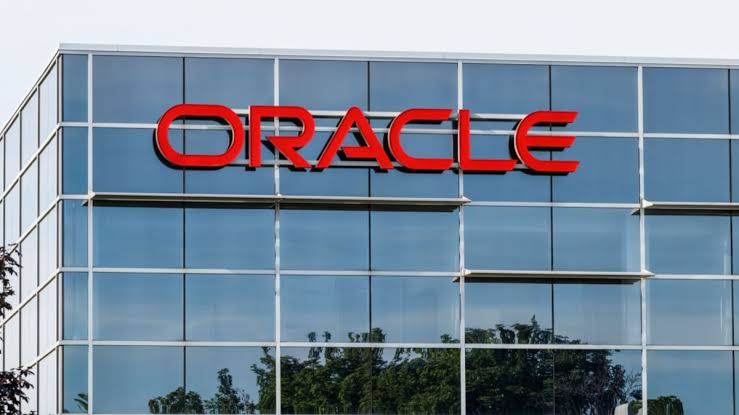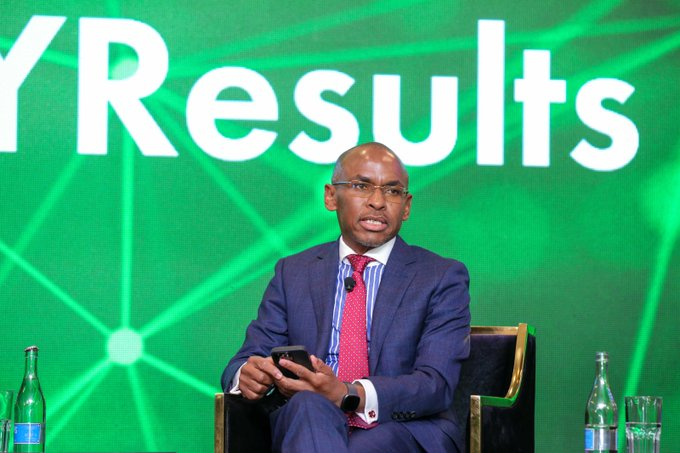
It appears that Telkom Kenya is serious about building its data centre business after the operator announced the launch of the facility at Nairobi’s Milimani Exchange Site. The facility demonstrates an important decision that oftentimes carriers have to make: host and run their own data centers or outsource the service to another party. Admittedly, hosting a data centre is an expensive step that requires the services of people with special skills, big spaces, and fulsome electrical power.
The facility will provide Telkom with a competitive edge over other players in the telecoms business, as well as giving it more control over its own tech and far-reaching abilities to integrate value-added services.
Features
The data centre, which also marks the first phase of the project, will provide 1460 square feet of rack space for notable cloud service providers and operators, among other IT-based businesses to host their data, cloud services, apps and backend systems in Kenya and East Africa.
The Milimani site’s collocation room has a capacity of hosting 30 racks. Customers are encouraged to come with their personal racks or can use the available racks. At the moment, we counted two racks on the ground.
The facility is also equipped with enough staging area.
Moreover, the standard for power feeding the facility includes copy A and copy B (N+1) of both AC and DC power.
Perhaps the most important selling point of the data centre is its 3 redundant fibre route that ensures redundancy is in place, as well as access to International Capacity on the Submarine Cables (TEAMS, EASSy and LION2) from Nairobi.
Quotes
“This global seamless network backbone has reinforced a wide range of connection options through proprietary PoPs, internet exchanges, and local loops, in addition to satellite and submarine transmission. This is delivered through a fully diverse national inland fibre optic cable network from Mombasa to Malaba & Tororo in Uganda & a recently implemented Point of Presence at Smarthub in Fujairah, UAE,” said George Mokogi, Managing Director, Carrier Services, Telkom Kenya.
“To deliver on the capabilities of a digital business, there’s no question that IT organizations must modernize and automate their infrastructure, and transform their data center operation into a cloud environment – one that is fully automated and self-service,” he added.





























